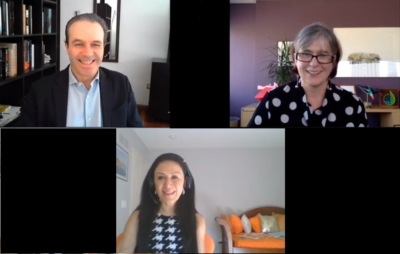New White Paper Conservation and Community Through Site-Specific Reclamation
SILVER SPRING, MD, January 5, 2021 – Wildlife Habitat Council (WHC) offers a new white paper available for download today, Conservation and Community Through Site-Specific Reclamation – End uses that encourage native species prosperity and connect to local and regional needs. The white paper is sponsored by Chemours and is available for free on our website.
- Albemarle: Kings Mountain Pollinator Habitat
- CEMEX: Lipówka Quarry Restored to Nature and Canteras Norte, Sur, Zona 3 y Zona 4
- Covia Holdings Corporation: Dividing Creek
- Dow Chemical Company: Sault Ste. Marie
- ExxonMobil: Joliet Refinery
- Freeport-McMoRan: Henderson Operations
- Summit Materials: Hamm Sanitary Landfill
- Vulcan Materials Company: Azusa Rock
For 33 years, WHC has been promoting and certifying ecological stewardship action on corporate lands through partnerships and education. Since only 10-15% of the world’s land surface is protected, private lands provide an essential opportunity for restoring and protecting biodiversity. As the only international conservation NGO focused exclusively on the private sector, WHC provides a framework for voluntary conservation action on a wide variety of corporate lands. WHC’s corporate members represent some of the leading national and multinational corporations seeking to support sustainable ecosystems and the communities that surround them. These efforts have resulted in more than 1,000 certified programs across 47 states and 28 countries.


